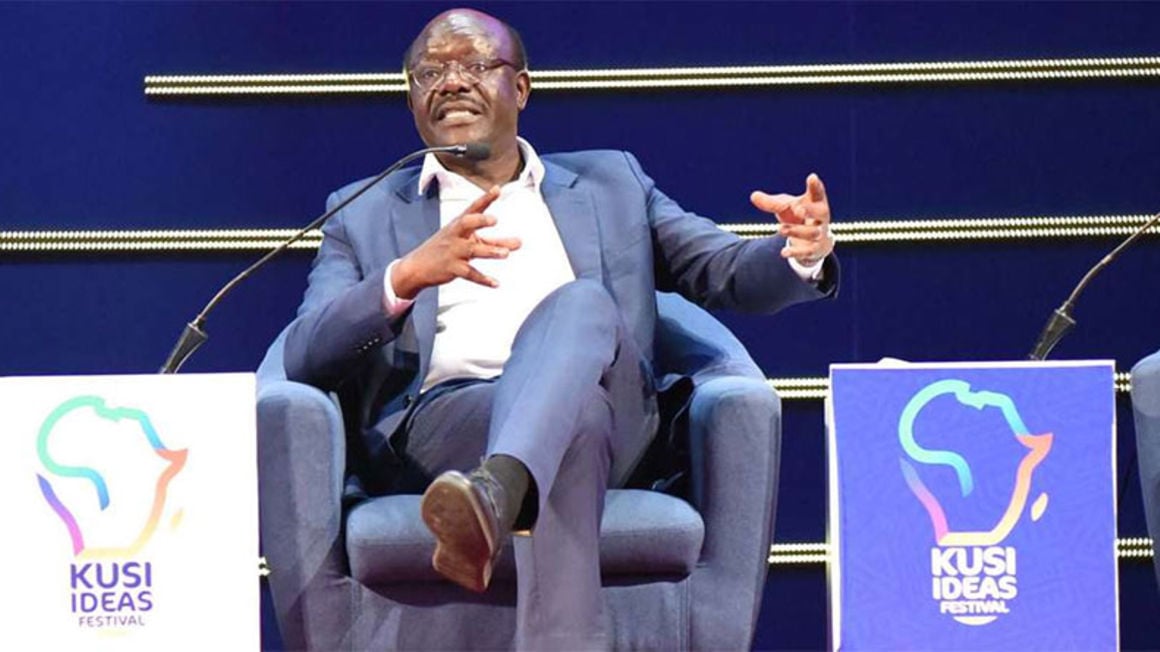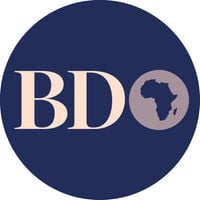 United Nations Conference on Trade and Development Secretary-General Mukhisa Kituyi. PHOTO | JARED NYATAYA
United Nations Conference on Trade and Development Secretary-General Mukhisa Kituyi. PHOTO | JARED NYATAYASummary
- United Nations Conference on Trade and Development (UNCTAD) secretary-general Mukhisa Kituyi said the G20 debt moratorium would have helped Nairobi to free up about $900 million (Sh97.98 billion) in deferred bilateral debt servicing costs.
- The cash could have been rechanneled to other pressing needs related to alleviation of Covid-19 that has battered the Kenyan economy.
- The G20 in April agreed to suspend payment obligations on bilateral debt owed by their least developed counterparts through the end of the year under pressure from global organisations such as the Geneva-based UNCTAD.
The United Nation’s has faulted Kenya’s reluctance to take up the debt relief initiative by a group of world’s 20 major economies or G20 at a time servicing costs are eating into a significant chunk of revenue.
United Nations Conference on Trade and Development (UNCTAD) secretary-general Mukhisa Kituyi said the G20 debt moratorium would have helped Nairobi to free up about $900 million (Sh97.98 billion) in deferred bilateral debt servicing costs.
The cash could have been rechanneled to other pressing needs related to alleviation of Covid-19 that has battered the Kenyan economy.
The G20 in April agreed to suspend payment obligations on bilateral debt owed by their least developed counterparts through the end of the year under pressure from global organisations such as the Geneva-based UNCTAD.
“We have been driving international campaigns for such facilities, not just the debt service suspension initiative (DSSI) of G20 but also mobilisation of extra liquidity through the special drawing rights at the IMF. When such instruments come on board, I look forward that my own country can also be a beneficiary, but for reasons that are still difficult to understand, it excludes itself,” Dr Kituyi said in an interview in Nairobi.
“Unfortunately, the Kenyan government voluntarily declined to use the possibility of $900 million on the DSSI when economies which are in a much healthier and stronger positions than Kenya are running at that.”
Kenya turned down the G20 initiative, saying the terms of the deal were too restrictive and it also fretted the impact that debt relief might have on Kenya’s credit rating.
Nairobi, for instance, was concerned that terms of the deal limiting countries’ access to international capital markets during the standstill could hinder Kenya’s ability to finance its deficit later in the year.
“The rejection of the DSSI has not in any way slowed down the negative impression of Kenya’s credit rating,” Dr Kituyi said, citing Standards and Poor’s (S&P) downgrade of Kenya’s debt outlook from stable to negative in July over high debt and interest burden.





No comments :
Post a Comment